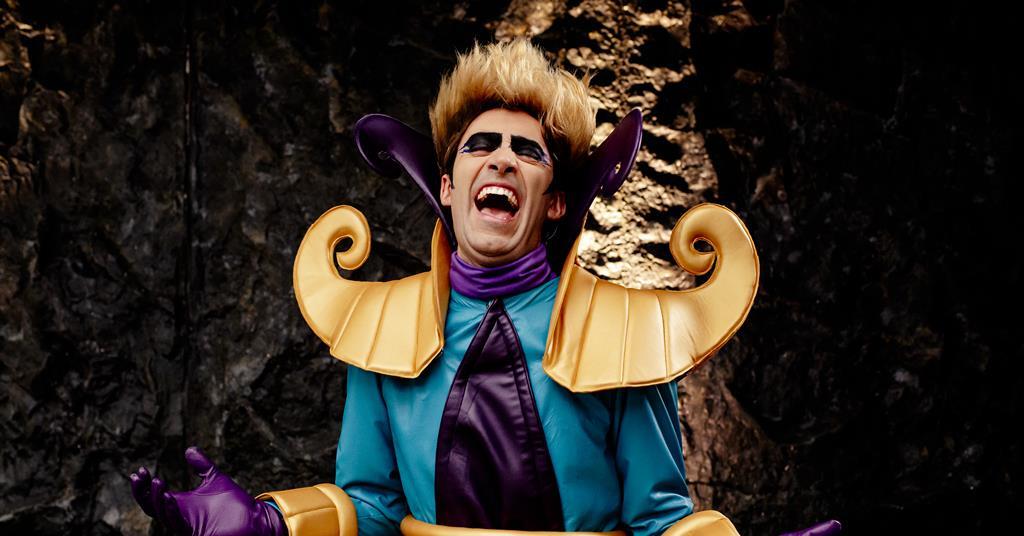The world (and galactic) premiere of Horrible Science: Cosmic Chaos, a thrilling exhibition that will invite visitors to explore our wondrous Solar System launches at the Science and Industry Museum (Manchester) on 13th February 2026 and at…

The world (and galactic) premiere of Horrible Science: Cosmic Chaos, a thrilling exhibition that will invite visitors to explore our wondrous Solar System launches at the Science and Industry Museum (Manchester) on 13th February 2026 and at…